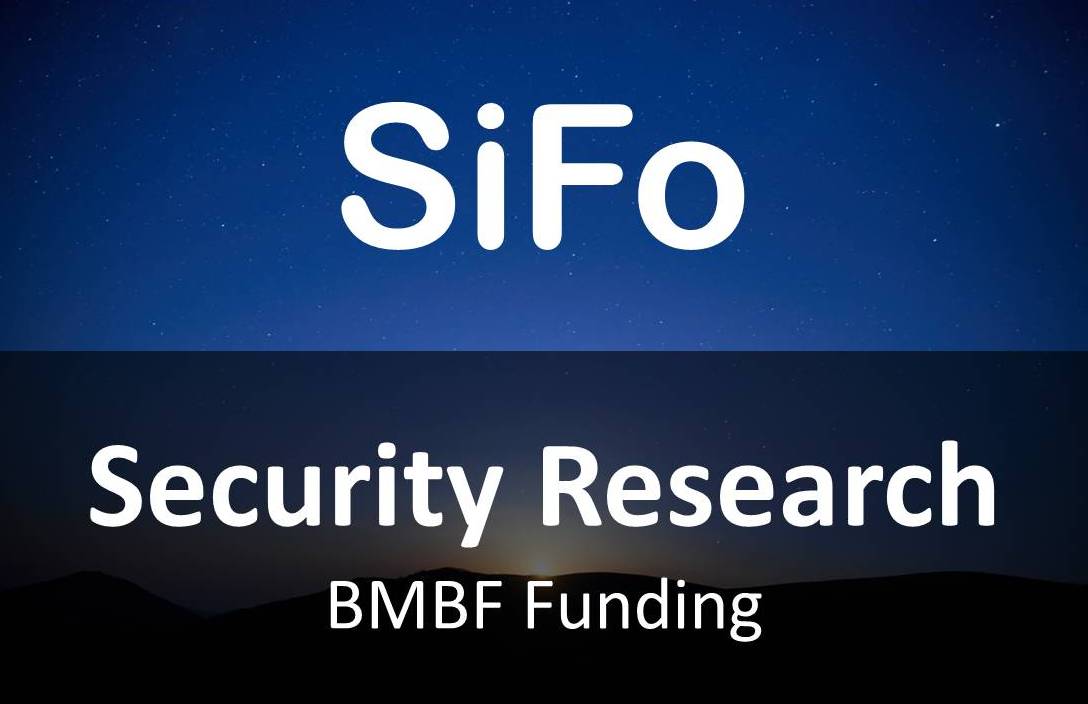Introduction
An innovation is the result of developing and transforming an idea or invention into a product, service or process. An innovation must be replicable at economic cost and meet a specific need. The innovation creates value or the customer is willing to pay for it. Small and medium-sized enterprises in particular, including start-ups, are ready, willing and able to use technological progress to open up new markets.
Climate change, terror, crime, the Corona pandemic, the war in Ukraine, resilience of critical infrastructures, etc. generate demand for new products and create new global market segments, growth and jobs.
The transformation of an idea into a product usually involves research work up to the demonstrator, further development up to the prototype, and finally market readiness and the launch of the product on the market. In addition to the motivation and skills of the people involved, technically demanding projects require a clear and realistic financing concept; own funds, funding and the commitment of financing partners to a considerable extent cover the costs.
Projects to improve civil security are the subject of the following considerations. Companies benefit from funding through the reduction of necessary self-financing shares and the use of research results. Researchers create scientific value and qualify young employees. Users or associated partners bring aspects of practice and needs into the project. The following consideration explains the aspects on the basis of a concrete example with an SME.
Project Case
The SME provides the best qualifications to create an innovation. The knowledge and skills allow the constructive cooperation in the research work, an effective development and especially the formulation of product-oriented goals. The contact with potential users justifies the assumption for a concrete need. The project is included in the business plan of the SME.
The research partner can offer the best prior knowledge and experience and is willing to implement the project goals. Ideally, there are clear ideas between the parties involved for a fair agreement on the later economic use of the project results in product design.
The partners have also succeeded in attracting potential users as associated partners for the project, thus ensuring that the research is close to the application.
The best conditions are in place to formulate a successful project outline. The partners draw up such a project outline for the research shares, justify the need as well as the opportunities, plan the work program with work packages and determine the expected costs for the project.
| Partner | Budget | Funding | Proprietary Share | Value Added | ||
| SME - Industry | 500 TEuro | 250 TEuro | 50% | 250 TEuro | 50% | 500 TEuro |
| Research | 500 TEuro | 500 TEuro | 100% | 0 TEuro | 0% | 250 TEuro |
| Sum | 1.000 TEuro | 750 TEuro | 250 TEuro | 750 TEuro |
Evaluation after completion of the project (conservative)
The SME owns a demonstrator for the planned project and all rights to exploit the directly usable research results. Directly attributable expenses of 750 thousand euros were covered with an own contribution of 250 thousand euros. It was taken into account that research services did not flow 100% into the product.
With the available demonstrator, financing partners can be convinced and attracted for the following development and market launch. In the case of successful project implementation, with confirmed chances for an innovation, the SME may apply a multiple - e.g. a factor of two or more - to the value of the research work. In the example, this results in a value of approx. 1.5 million euros or possibly even more.
The associated partner had the opportunity to introduce his demands and may hope for a suitable product to support his work.
Government funding will be repaid in the medium term through tax revenues. Newly created jobs in high-tech sectors are an additional benefit.
If the objectives of collaborative research projects are in line with the strategies of all participants, the conditions for sustainable success are in place. Good and professionally managed projects serve the interests and also enable a start-up to achieve a good starting point for successful corporate development in national and global markets.
DITS helps, moderates and supports in all project phases.
Links und Downloads
DITS Positionspapier zur BMBF-geförderten Sicherheitsforschung in der Zukunft
Informationen und Referenzen aus den Forschungsprogrammen des BMBF
 Agendaprozess zur Fortschreibung des Rahmenprogramms "Forschung für die zivile Sicherheit"
Agendaprozess zur Fortschreibung des Rahmenprogramms "Forschung für die zivile Sicherheit" BMBF SiFo.de
BMBF SiFo.de BMBF SiFo Genehmigte Forschungsprojekte seit 2007
BMBF SiFo Genehmigte Forschungsprojekte seit 2007 BMBF Förderprogramm Anwender Innovativ
BMBF Förderprogramm Anwender Innovativ BMBF Förderprogramm KMU Innovativ
BMBF Förderprogramm KMU Innovativ
Referenzen aus dem DITS Projektvorschlag ProjRD
 DITS Projektmanagement [pdf]
DITS Projektmanagement [pdf] DITS Project Management [pdf]
DITS Project Management [pdf] DITS Kosteneffektivität in Projekten [pdf]
DITS Kosteneffektivität in Projekten [pdf] DITS Cost effectivenes in projects [pdf]
DITS Cost effectivenes in projects [pdf] DITS Projektidee - Muster [pdf]
DITS Projektidee - Muster [pdf] Bitte formulieren Sie einen Projektvorschlag
Bitte formulieren Sie einen Projektvorschlag
